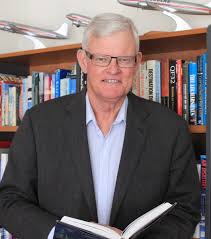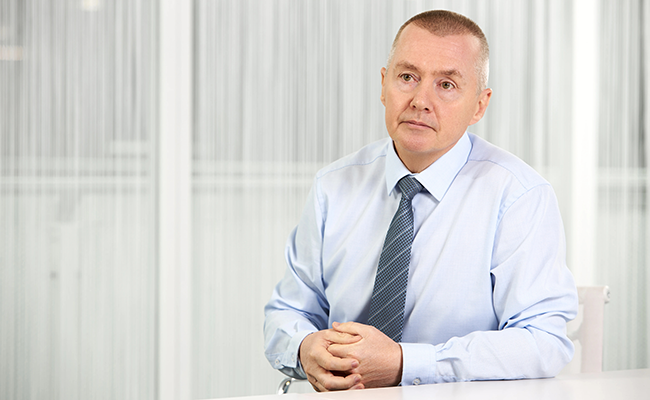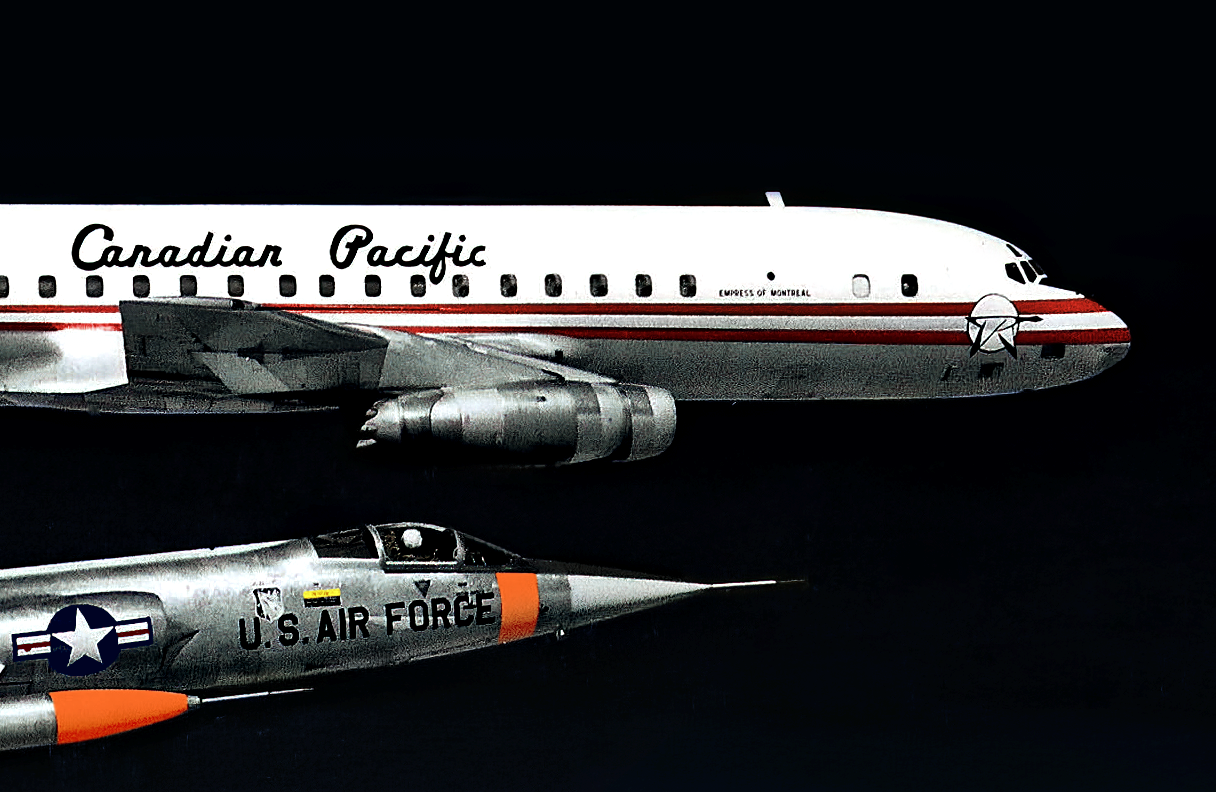Fake COVID-19 certificates and high testing costs stifle International travel
04 May, 2021
3 min read
Industry News

Geoffrey Thomas
By joining our newsletter, you agree to our Privacy Policy


Fake COVID-19 documents and the high cost of testing are huge impediments to the recovery of overseas travel The International Air Transport Association has warned.
IATA’s director general Willie Walsh yesterday urged governments to pay for COVID-19 testing and adopt its electronic travel pass to eliminate “intolerable delays at airports” as authorities grapple with paper certificates and “reduce the risk of fraudulent documents.”
The problem was highlighted in March when 47 passengers tested positive to COVID-19 after traveling from Delhi to Hong Kong on Vistara Airlines, despite all being cleared of COVID-19 in the 72 hours before departure.
According to a CNBC report, Europol has alerted EU member states of increasingly prevalent forms of criminal activity around fake COVID PCR (polymerase chain reaction) test results which are being sold in the UK for $180.
In another instance a forgery ring at Charles de Gaulle Airport in Paris was dismantled after being found selling forged negative test results to passengers, Europol said.
Other fraudsters in Spain and the Netherlands have been arrested.
Last month two approved Indian laboratories were found issuing fake COVID-19 negative certificates and have been shut down.
READ Qatar Airways a standout for COVID-19 safety
Europol said last month that “as long as travel restrictions remain in place due to COVID-19, it is highly likely that production and sales of fake test certificates will prevail”.
“IATA Travel Pass addresses this challenge [fake tests] by enabling travelers to control and share their digital vaccination certificate or test results with airlines and border authorities, easing facilitation and reducing the risk of fraudulent documents," Mr. Walsh said.
But the high cost of the tests is a major issue Mr. Walsh said.
An IATA survey found that the cost of tests varied from US$77 ($100) in Australia to US$278 in Japan with a low-end average of US$90.
"Testing costs should not stand between people and their freedom to travel and the best solution is for the costs to be borne by governments as is their responsibility under WHO guidelines,” Mr. Walsh said.
The World Health Organisation stipulates that countries should not charge for testing or vaccination required for travel, or for the issuance of certificates.
IATA said that even taking the average of the low-end costs, adding COVID-19 testing to average airfares would dramatically increase the cost of flying for individuals.
Pre-crisis, the average one-way airline ticket, including taxes and charges, cost US$200 but a US$90 test raises the cost by 45 percent to US$290.
When you add another test on arrival and the one-way cost would leap by 90 percent to US$380.
The impact of the costs of COVID-19 testing on family travel would be prohibitive says IATA.
Based on average ticket prices (US$200) and average low-end testing (US$90) twice each way, a journey for four that would have cost US$1,600 pre-COVID, could nearly double to $3,040—with $1440 being testing costs.
Mr. Walsh warned that a return to international travel “could be perilously compromised by testing costs—particularly PCR testing.”
He adds that “raising the cost of any product this significantly will stifle demand” and its critical testing costs be better managed “if governments want to save tourism and transport jobs and avoid limiting travel freedoms to the wealthy."
Get the latest news and updates straight to your inbox
No spam, no hassle, no fuss, just airline news direct to you.
By joining our newsletter, you agree to our Privacy Policy
Find us on social media
Comments
No comments yet, be the first to write one.

